
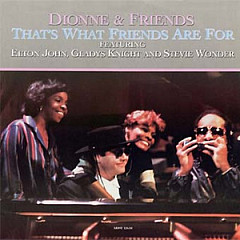
Elton John didn't win a Grammy until 1986, when he got one for singing on "That's What Friends Are For."

"Lean On" was originally sent by Major Lazer to both Rihanna and Nicki Minaj's camps as a slower reggae track. After both parties rejected the tune, Major Lazer recruited Danish singer MØ to supply vocals and recorded it themselves.
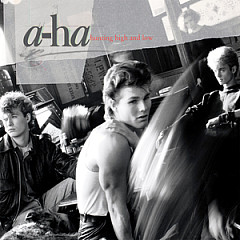
"Take On Me" was just a minor hit in Norway until a new version was released with the iconic video, making it a global smash.

The '60s hit "Then He Kissed Me" covered by The Beach Boys as "Then I Kissed Her."
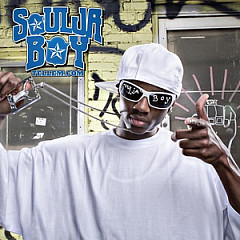
"Crank That (Soulja Boy)" was the most successful digital track of 2007 in the US with 2,909,000 downloads. On January 6, 2008 it became the first song ever to sell 3 million digital copies in the States.

Charlotte was established in the LA punk scene when a freaky girl named Belinda approached her wearing a garbage bag.
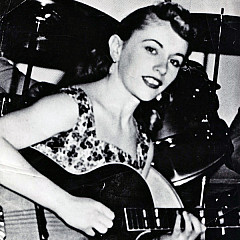
A top session musician, Carol played on hundreds of hits by The Beach Boys, The Monkees, Frank Sinatra and many others.
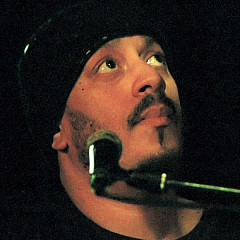
You may not recognize his name, but you will certainly recognize Peter Lord's songs. He wrote the bevy of hits from Paula Abdul's second album, Spellbound.
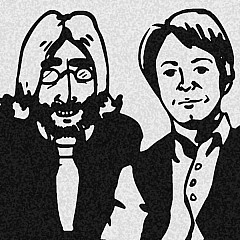
The author of Help! 100 Songwriting, Recording And Career Tips Used By The Beatles, explains how the group crafted their choruses so effectively.
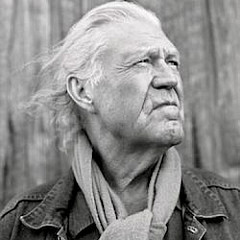
The outlaw country icon talks about the spiritual element of his songwriting and his Bob Dylan mention.